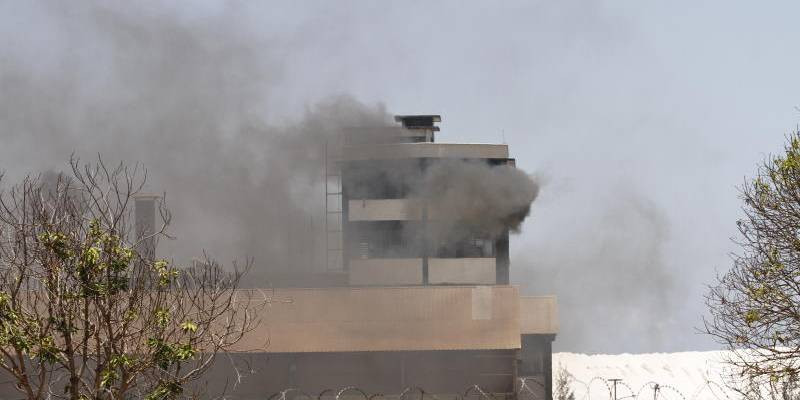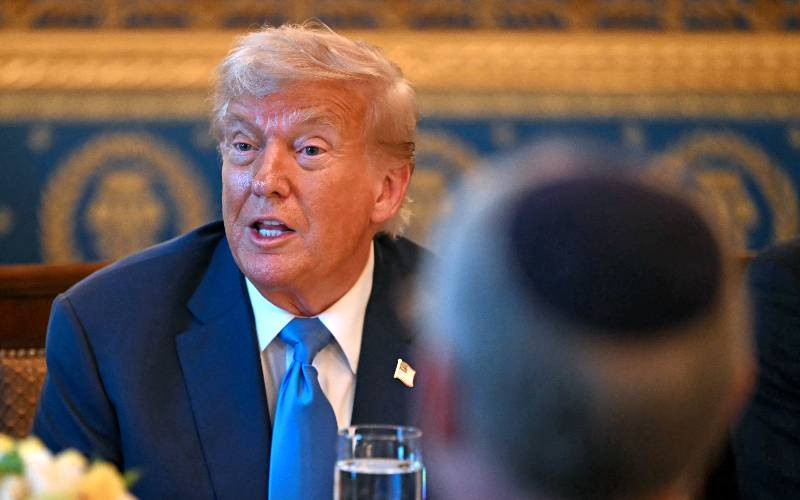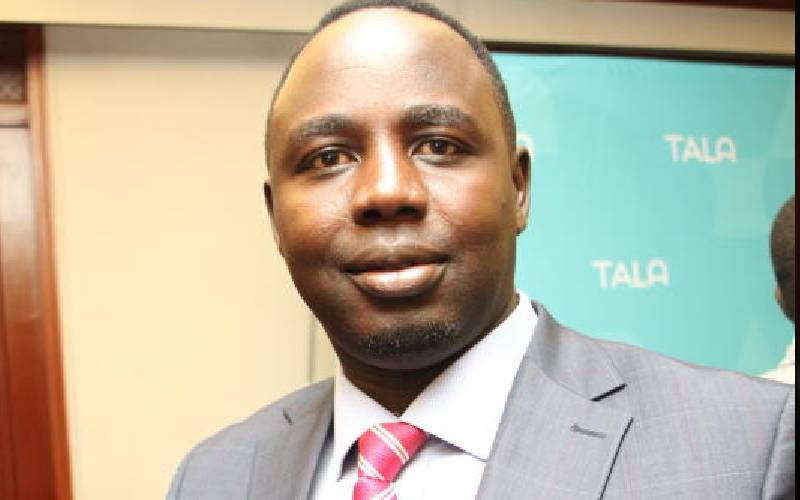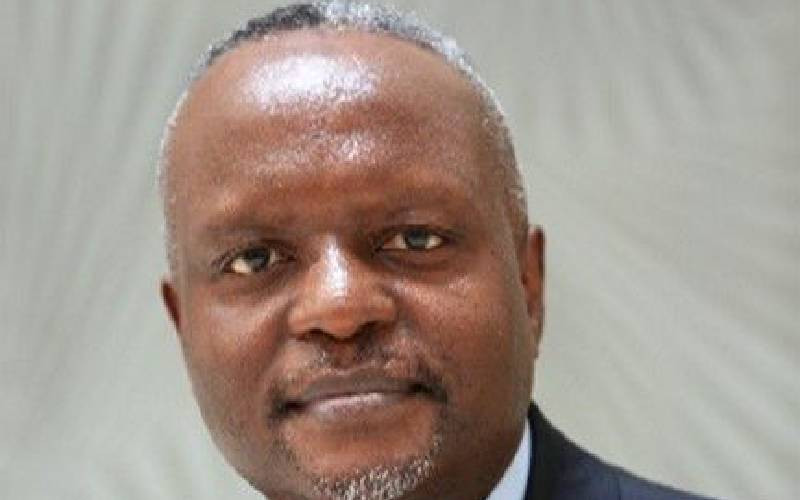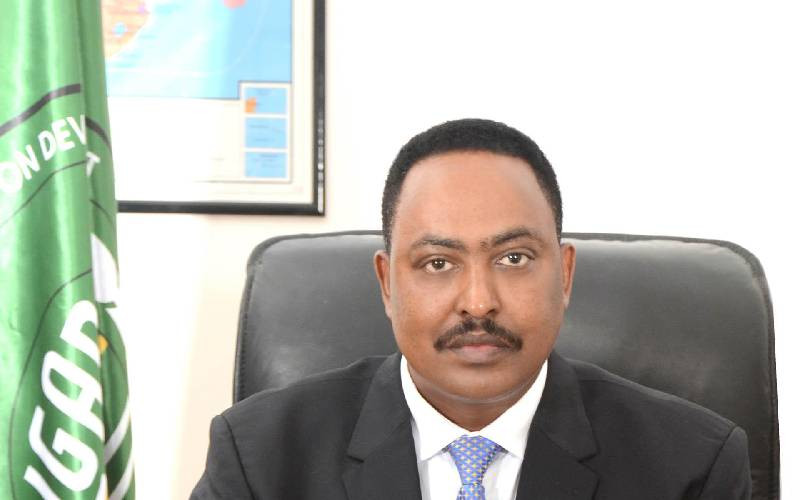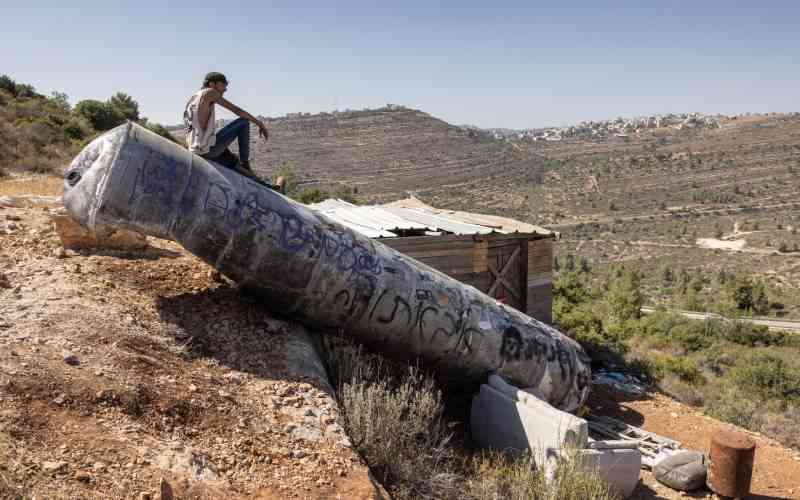
Iran and Israel are currently embroiled in a conflict that has persisted for over a week, threatening to alter the security architecture of the Middle East.
At the heart of the dispute is longstanding suspicion and mistrust surrounding Iran’s nuclear programme, which has been a matter of international concern for decades.
According to Israel and nuclear experts within the International Atomic Energy Agency (IAEA), Iran’s nuclear activities do not comply with its obligations under the Nuclear Non-Proliferation Treaty (NPT), which mandates peaceful use. Iran has consistently denied these claims.
This dispute triggered the current conflict, with Israel launching pre-emptive strikes against Iranian nuclear enrichment sites and military installations, aiming to slow Iran’s progress towards a nuclear weapon. In response, Iran fired over 400 missiles at Israel, some of which struck civilian areas.
Notably, Iran and Israel were once allies. During the 1960s and 1970s, under Shah Mohammed Reza Pahlavi, Iran maintained cordial diplomatic relations with Israel. This changed in 1979 following the Islamic Revolution, which saw the Shah overthrown and Ayatollah Khomeini rise to power. Diplomatic ties were severed, and the two countries became sworn enemies.
Since then, Iran and Israel have engaged in a decades-long shadow war. Iran is accused of funding proxy groups that threaten Israel’s security, including Hezbollah, Hamas, Palestinian Islamic Jihad and the Houthis in Yemen. Iran has also been linked to attacks on Israeli targets abroad, such as the 1992 and 1994 bombings in Argentina.
Israel, citing security concerns, has carried out multiple operations against Iranian military officials and scientists allegedly involved in nuclear weapons development.
The NPT, in effect since 1970, seeks to prevent the spread of nuclear weapons and promote peaceful nuclear energy. It prohibits nuclear-armed states from transferring weapons or technology and forbids non-nuclear states from developing them. Iran is a signatory to the treaty.
Iran’s nuclear ambitions drew global attention in 2002 when an opposition group revealed the existence of secret uranium enrichment sites at Natanz and Arak. While Iran insisted these were for peaceful energy use, the IAEA and Western governments raised concerns.
Iran agreed to suspend its programme in 2003, but this changed with the 2005 election of President Mahmoud Ahmadinejad, who resumed enrichment and openly threatened Israel, especially after Iran developed the Shahab-3 missile, capable of striking Israeli targets.
Efforts to bring Iran into compliance with the NPT continued. In 2009, President Obama disclosed another secret Iranian nuclear site, increasing international pressure. A breakthrough came in 2015 with the Joint Comprehensive Plan of Action (JCPOA), a deal between Iran and the P5+1 nations (the UN Security Council’s five permanent members plus Germany). Iran agreed to limit its nuclear activities in exchange for sanctions relief. But Israel opposed the deal, doubting Iran’s intentions.
The JCPOA faced widespread criticism. Analysts argued it only delayed, rather than stopped, Iran’s nuclear ambitions. The agreement failed to address Iran’s advanced missile programme and its network of regional proxies. Critics warned that the deal merely postponed difficult decisions for 10–15 years. The agreement eventually collapsed after the United States withdrew in 2018, prompting Iran to resume enrichment activities.
Iran’s nuclear ambitions now pose a serious challenge to regional and global stability. Tehran’s goal of becoming a regional hegemon alarms its neighbours and raises fears of a nuclear arms race. States in the region may feel compelled to pursue their own nuclear capabilities in response.
Additionally, repeated threats by Iranian leaders, including Ayatollahs Khomeini and Khamenei and President Ahmadinejad, to destroy Israel mean that a nuclear-armed Iran would pose an existential threat to the Israeli state.
Stay informed. Subscribe to our newsletter
With the United States now directly involved, having bombed nuclear sites at Natanz, Isfahan and Fordow, the global community watches anxiously. The reaction of Iran’s allies such as Russia, China and Pakistan will be crucial. Yet, few nations are likely to welcome a dangerous escalation into nuclear conflict.
